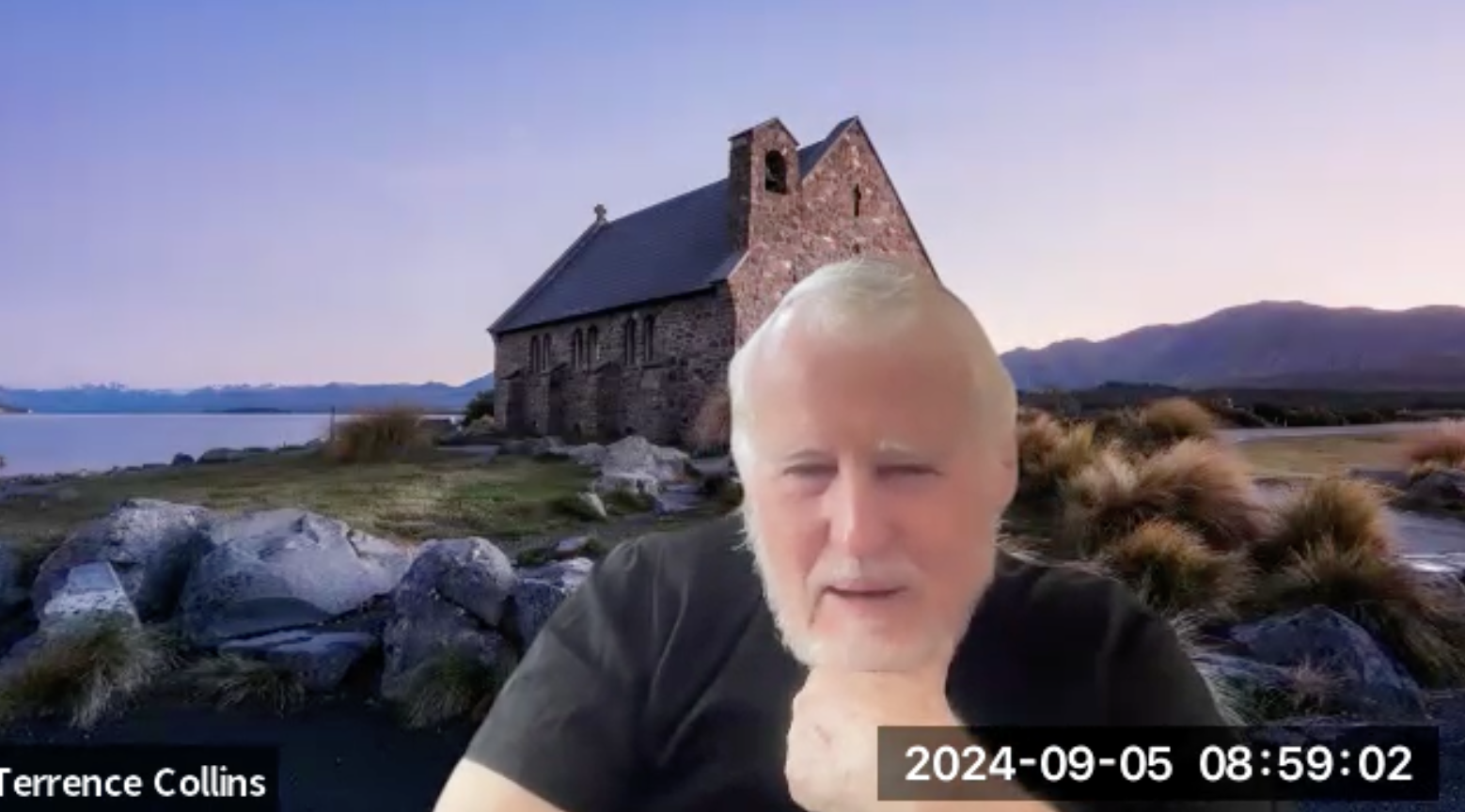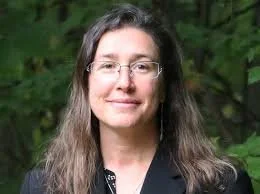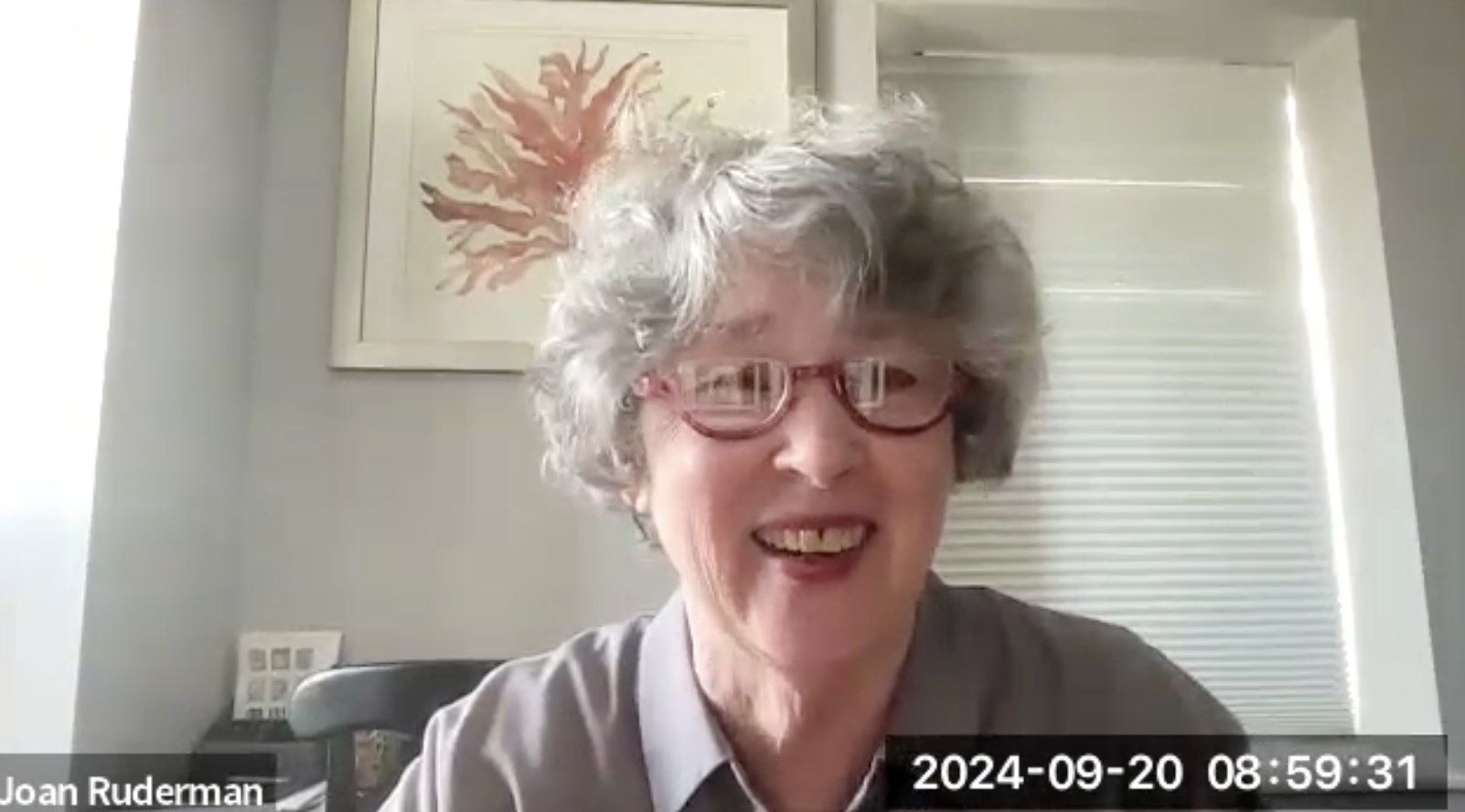As You Like It, Act IV, Scene ii by Frederick William Davis, 1905. Jaques and the Duke’s Lords deliver him a stag in the forest.
I teach Shakespeare and Science Writing at a small college west of Chicago, and right now, I am reading with my students Shakespeare’s As You Like It, right up against the IPCC Summary for Policymakers in another class. In As You Like It, the Duke Senior, exiled by his younger brother, lodged in the icy calm of the Forest of Arden, says,
Sweet are the uses of adversity,
Which, like the toad, ugly and venomous,
Wears yet a precious jewel in his head;
And this our life, exempt from public haunt,
Finds tongues in trees, books in the running brooks,
Sermons in stones, and good in everything. (2.1.12-17)
Sweet are the uses of adversity…. We are facing adversity now, isolated from the public haunt. Certainly, this pandemic seems an ugly and venomous toad; we lament how many it is killing, and yet now we see revealed the precious jewel in its head, which I would argue is the wisdom to trust in Science and Public Health.
My students and I, lodged in the icy calm of virtual classrooms, have nevertheless found “sermons in stones, and good in everything.” You have heard about teaching the conflict? We are teaching and learning the catastrophe. Our discussions are at least as good as ever because, perhaps, we suddenly appreciate how precious is education, and civilization.
I have faced my own adversity. My beloved daughter Katherine died at age eight from leukemia we have every reason to believe was caused by mosquito spraying, without our knowledge or permission, with chlorpyrifos, an organophosphate pesticide linked by all the best science to her disease. But policy did not follow the best science; it still does not. A ban on chlorpyrifos was the first health precaution undone by the Trump administration.
What does it mean for adversity to be sweet? I think at best, it is bittersweet. There are lessons I wish I had never learned. Like the precautionary principle: if there is good reason to believe an action or substance will cause harm, we should presume harm until proven otherwise, rather than waiting for enough people to die to prove harm conclusively. Policymakers have not acted to prevent harm. Watching my daughter suffer and die taught me the hard way that what we do, the policies we employ, matter. This current pandemic seems nothing to me now: the disaster for which I have prepared is a calamitous failure of presidential leadership combined with a collective ignorance of science. The current administration has dismantled science advisory committees, attempted to underfund the CDC, scrubbed the EPA and other websites of climate change education, deemphasized the Directorate for Global Health Security and Biodefense, and generally undermined science expertise. The real catastrophe bearing down on us is climate change. Anyone who does the most basic homework can learn as much in the IPCC reports and from every reputable scientific organization in the world. We were forewarned of the pandemic; far more are we forewarned of the terrible consequences of climate change.
What are the uses of adversity? That this terrible disruption, and grievous loss of life, will teach us to rationally fear the portents of science, not experienced in our lifetime but incontrovertibly predicted; to support expertise in our government; to step out of our set ways and see clearly what is happening; to recognize the Black Swans; to choose to succeed, not fail; to realize that sometimes, the worst can happen. I know these lessons first-hand, in my bones.
We must use this catastrophe to prepare for the next one. Bailouts should privilege solutions that prepare us for the future, like renewable energy infrastructure, not industries like fossil fuels and aviation. The fossil fuel bubble, when it bursts, will make this stock market correction seem inconsequential; we need a soft landing, via CCL’s carbon tax and dividend plan, for example. We could live more simply and still enjoy life. Let us take this opportunity to support solar panels on every roof and large-scale wind power, and the good jobs that accompany them, not the decadent consumption to which we have grown all too accustomed.
In As You Like It, the wise Duke praises the honest bitterness of nature over the obsequious flattery and self-interest of the court:
Here feel we not the penalty of Adam,…
Even till I shrink with cold, I smile and say
“This is no flattery; these are counselors
That feelingly persuade me what I am.” (2.1.5-10)
Let us smilingly reject the obsequious self-interest and flattery of our politicians and choose better: better leadership, better infrastructure, better societal and cultural selves. We may be exiled, but we are also home. Let us feelingly remember who we are: a nation of the people, by the people, for the people.
Jean-Marie Kauth, PhD, MPH











